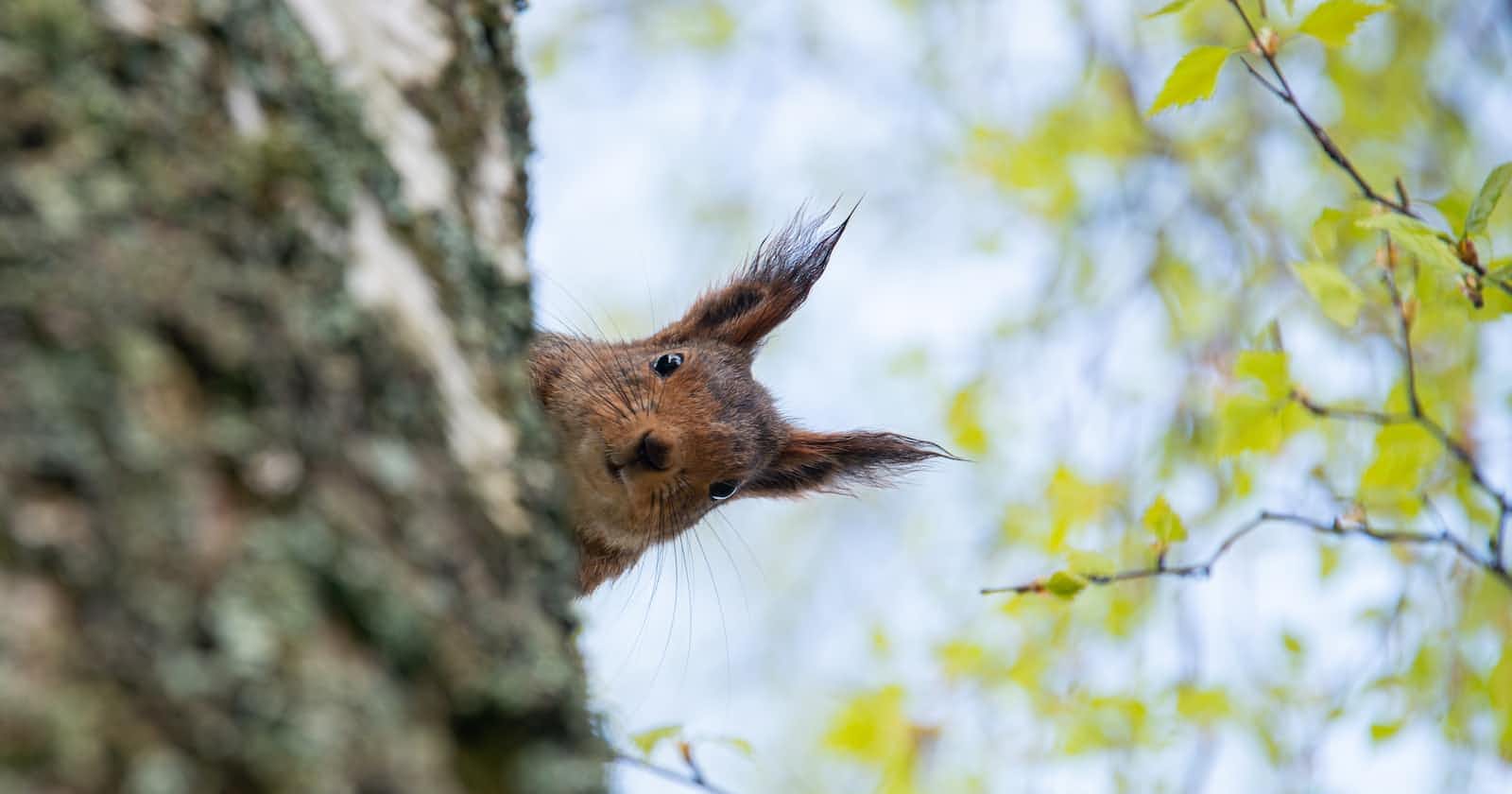Blissful Ignorance
I don't expect this article to shake the foundations of epistemology, although, I would be flattered if it does. What I expect is to re-evaluate the importance of knowledge and make an attempt to lessen its importance compared to the seeking of knowledge.
Shall we do a little exercise? Think about the things you know, or the scope of the things you know, from your name to your family, knowledge from your career, spiritual truths, money hacks, and more.
Now think about the things you know you do not know, from the names of all animals in the world to the undiscovered elements, planets, mental models, etc. To take it further, imagine the number of things you are not even aware of, stuff you do not know that you do not know.
If you honestly took that survey, you'll agree that the number of things we know is minuscule compared to the things we do not know. It is like an atom in the world.
The number of things we know is minuscule compared to the things we do not know
Do not fret dear in spite of ignorance, but take it as an endless opportunity to grow in the magnificence of potential knowledge. There is so much to know and learn and this is the good part of our boundless ignorance which when done with joy becomes blissful, BLISSFULL IGNORANCE.
The bliss of this ignorance does not come from attaining knowledge, but the pursuit of knowledge, the joy you have constantly knowing that if you fill up your empty drum of ignorance with just one drop of knowledge in the near future, you will get better.
The Spotlight on Knowledge
Although the benefits of actively engaging our ignorance are unlimited, people choose to dwell and arrogantly revel in what they know, not wanting to grow.
Instead of seeing how every new bit of information combines with what they know to make them better, they take every opposing argument as a threat to their knowledge, to their being.
Let's take an example, you could say that you are a human being, and so you are made up of atoms, and you are a particle. But what if you learned that atoms could also exist as waves? So does this mean that you could be a wave? Does this mean you can reflect and diffract? Well, I do not know and the emphasis is not on this poor rendition of pseudoscience but on the fact that even what we strongly hold on to as truth can always have loopholes.
This doesn't mean that we should discard our knowledge because of loopholes, but it beckons to us to acknowledge the shortcomings of our knowledge, accept that we are ignorant about some things, develop the curiosity to find out these loopholes, and act humbly with opposing schools of thought.
There are few absolute truths with no loopholes in our world and in a world of endless possibilities, a definite conclusion is at best an assumption.
There are few absolute truths with no loopholes in our world and in a world of endless possibilities, a definite conclusion is at best an assumption.
When we consciously and blissfully acknowledge our ignorance, there comes with it a refreshing amount of open-mindedness, which enables us not to just listen to new ideas, but to embrace the possibility that we can learn something new, and most importantly, we can be wrong.
Coming together
To think like this is not to engage in mindless philosophical pursuit but to constantly remind yourself to humbly and curiously tread the path of ignorance.
A few reasons you should embrace ignorance are:
To be perfect is to say there is no need for improvement. Likewise, when you say you know something, you mean you don't need any more schooling on that thing. To internalize the mindset of I don't know is to let the mind be enthusiastic about any subject.
Instead of being defensive, you become curious. You no longer think people are trying to attack what you know but rather see every bit of knowledge as making you a better person. Curiosity changes lives, instead of thinking in terms of YES or NO, you start thinking HOW, WHY, IF, WHAT, MAYBE, SHALL.
Rather than being abrasive and attacking other schools of thought, you let things slide and see every new piece of information as a step up for you, to either add or remove from your life.
Treading Ignorantly
As you might have observed, most of the suggestions in this series for changing primarily come from a mindset shift, and today is not going to be different. To unlock the curiosity you deserve, I have a few tips for you.
Understand that the joy of knowing what is right is bigger than the pain of being wrong. Think of it, if being wrong was celebrated more than being right, we won't avoid being wrong. It's all part of our experience. Be open-minded with the joy that you will find out what's right, or at least what's efficient.
Start asking "why" for everything that happens. This practice over time trains you to think that you do not hold the full truth to everything and that you should keep searching. Remember, the pursuit is more fulfilling than the knowledge.
Try journalling, I have made a suggestion like this in an earlier post but this is slightly different. Instead of just questioning your assumptions about things, brainstorm the reason behind things, or why things are the way they are. If you do this on your own, you will slowly evoke a curious approach to engaging in life.
Conclusion
In all we do, I hope we take time to retrospect and see the importance of humility and open-mindedness to growing our relationships, careers, and life. The truth never hurts anyone, what hurts us is to persist in deceit and ignorance.


